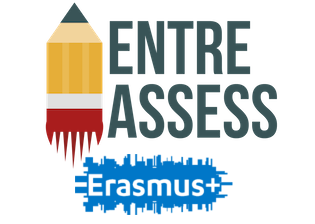 What it is: This tool is a sliding scale list for individuals to situate their preferred personal attributes. The tool is based on a rubric published in ‘The Idiot Teacher’ by Gerard Holmes (1952).
What it is: This tool is a sliding scale list for individuals to situate their preferred personal attributes. The tool is based on a rubric published in ‘The Idiot Teacher’ by Gerard Holmes (1952).
How it works: The scale is predetermined by the teachers or leaders of the group. The number of attributes is up to the practitioners and is dependent on the attributes that are related to the present work and goals. Individuals use the scale as a pre and post evaluation of their own progression. For that to happen individuals need to understand the language used. The development of the vocabulary happens in the class discourse with or without the leadership of the teacher.
Benefits: Understanding of language is the foundation needed to consciously work on and with personal attributes. Engaging with concepts such as integrity and deceit, being enterprising and passive in the context of the work allows individuals to form an opinion of the concepts and how much they mean to them. In this way, individuals develop both self-understanding as well as a greater understanding of their ethical stance.
Challenges: Personal attributes are in many ways not central to the way education is evaluated now so the challenges are mostly due to the structure or accepted evaluation structure of education. Also, teachers have a problem with where to situate this kind of evaluation, in relation to the most suitable subject area. Understanding the language used in personal attribute discourse can be challenging for students.
Relevance for entrepreneurial teaching: Understanding one’s strengths and weaknesses is essential to be able to take calculated risks and approach different situations and individuals in appropriate ways. A strong understanding of who one is and personal capabilities is core to entrepreneurial education.
Applied assessment methods: This tool can be used in formative assessment and can be categorised as performance assessment and/or self-assessment.
Examples from practice: This tool has been used in a few locations in Iceland in different contexts and with different ages. The pilot test of this was conducted in one school in Reykjavik where 159 students were asked to use the sliding scale to evaluate their understanding of themselves. The youngest group that took part in this were in year 5 and the oldest group in year 10. Each individual filled out the form and gave it to the researcher as a pre-test and at the end of the course the students filled the form out again and gave comments on their progress. The results from this pilot gave promising results for further development.


